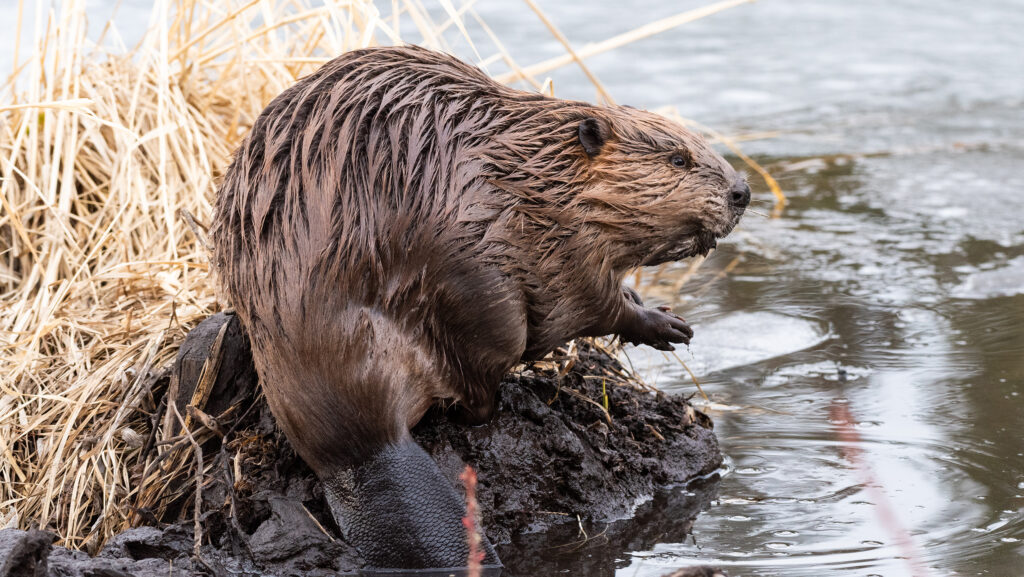Beaver reintroduction in Essex helping to alleviate flooding
 © Adobe Stock
© Adobe Stock The introduction of beavers to a 4ha site in Essex has been found to reduce the impact of flooding and drought in the wider area.
A family of 11 beavers has been actively building dams and felling trees on land within a fenced enclosure at Spains Hall Estate, since first being released there five years ago.
This has resulted in the creation of nine dams on a woodland stream within the enclosure, capable of storing up to 3m litres of water, which is helping to steady the flow further downstream and alleviate flooding.
See also: Defra downgrades species reintroduction ambitions
Archie Ruggles-Brise, Spains Hall Estate manager and owner, said: “This is a massive milestone for us. We took a chance five years ago that bringing beavers back would be beneficial, and it’s proven to be better than we could ever have imagined.”
Mr Ruggles-Brise told Farmers Weekly that they have now constructed and released four more beavers into two larger enclosures on the estate, with 15 beavers in total now across 45ha.
He added that they have not suffered any escapes and had no plans to release the beavers into the wider river catchment.
Matt Butcher, Environment Agency catchment manager, said: “We are delighted that the beavers have thrived and improved the landscape. Their work has demonstrated that nature-based solutions can be used to tackle challenges in smaller river catchments.”
Beaver damage
While the reintroduction of beavers to this enclosed site in East Anglia has been regarded as a success, farmers elsewhere in the UK have been left with damage as a result of beavers, especially in Scotland.
Last week, Scottish minister Lorna Slater met with stakeholders on farm in Perthshire to see firsthand some of the impact of beavers on farmland.
NFU Scotland (NFUS) director of policy Jonnie Hall said: “The site visited succumbed a massive blowout of a long-established flood bank due to it being compromised by a beaver lodge – causing eye-watering physical damage and financial losses stretching to six figures, which the farm business cannot sustain.”
In February, NFUS president Martin Kennedy said at its annual conference that the Scottish government was largely responsible for damage to crops, flood banks and fields due to inactivity on river management and the exponential increase in numbers of beavers.
Mr Kennedy said: “We now have real evidence showing their impact in areas where there was never the issue of flood bank blowouts prior to their reintroduction. We are now at the point where we simply cannot afford to have any of these rodents present in areas of productive land, end of.
“Biodiversity is something that we all like to see and many species have adapted to positive management. However, reintroducing species and overprotecting others does nothing for the managed balance that’s in everyone’s interest.”
Farmers and crofters in the Scottish Highlands also recently created the Cairngorms Crofters & Farmers Community to raise concerns about potential rewilding and reintroduction of beavers in the Cairngorms National Park.
